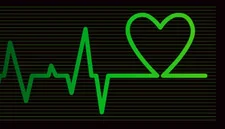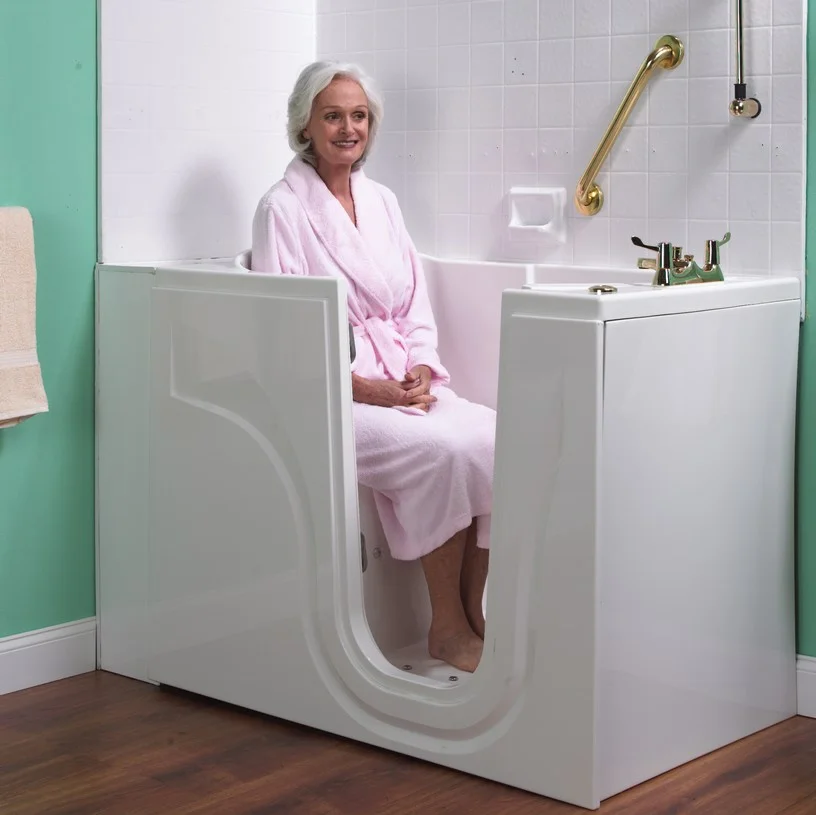
Offering more than just a guide – we provide a comprehensive platform committed to offering valuable resources, practical advice, and compassionate support for families navigating the journey of aging together. Our newsletter covers a wide range of topics, including elder health tips, caregiving strategies, medical assistance resources, and lifestyle advice, tailored to meet the diverse needs of every family member.
Prescription Drug Disposal Box Program
The Lake County Sheriff's Office, Walgreens and several local police departments have prescription drug disposal boxes to take back your old, outdated or unused prescription drugs.
Find out what items are accepted and a disposal location near you.
When Old Medicine Goes Bad
What does an "expiration" date on medicine really mean? Is it dangerous if you take it anyway? Less effective?
It turns out that date stamped on the label actually means a lot. It's based on scientific evidence gathered by the manufacturer showing how long the drug's potency lasts.
Walking Fends Off Loss Of Mobility, And It's Not Too Late To Start
People who have reached their later years may think it's primarily a time to relax, not to increase their physical activity. Not so. Previous research has suggested that exercise can improve memory and reverse muscle loss in older adults, among other benefits.
Photo credit: Zing Images/Getty Images
Avoid the Hazards of Dehydration
It's been a long, hot day. First a morning of yard work, then three hours helping coach the kids' baseball and soccer games, followed by the weekly shopping. Now you're finally heading home with a week's worth of groceries to unload and put away. You're tired and thirsty, cranky with your family, and wincing at the throbbing in your temples. You could also be experiencing the first symptoms of dehydration, which is far more common than most people realize.
When Clutter Becomes Hoarding
The Mayo Clinic defines hoarding as "... the excessive collection of items, along with the inability to discard them" and states that "compulsive hoarding and compulsive hoarding syndrome, may be a symptom of obsessive-compulsive disorder (OCD)." We are not talking everyday household mess and clutter here, or collections of specific objects that may, in the opinion of other family members, be taking up too much space in the house. True hoarding can be a sign of mental and/or physical illness that manifests itself in the obsessive accumulation of things—items that can range from mounds of clothing, unopened shopping bags, stacks of newspapers, magazines and mail, to piles of trash and rotting garbage that are dangerous to the health of an individual or a family.
Post-holiday concerns about an aging loved one? Senior Care Reality Checklist can help.
Holidays bring families together to celebrate the season and enjoy sharing time together. They also offer opportunities for us to spend lengthier periods of time with aging parents and loved ones — sometimes long enough to observe changes in habits or lifestyle that give rise to concerns about their health or well-being, especially when they live on their own. The changes can seem slight or innocuous: a forgotten face, a mismatched outfit, a wrong turn on the way to the grocery store. Or, they can be more alarming:
Four Heart Health Myths You Should Know About
As American Heart Month draws to a close, it's important to encourage continued, year-round awareness of heart health as well as correct some of the common heart health myths or misconceptions people may have about heart disease: People who are physically fit and active are not at risk for heart disease.
Home Safety Modifications for Seniors
Home modification is a fairly new concept that has come along with the incarnation of seniors choosing to stay living in their homes in place of moving to assisted living facilities and nursing homes. Due to limitations that naturally occur as we age changes need to be made in order for needs to be met and safety kept at a premium.
Sunburn and Heatstroke - Dangers to Avoid
It's a beautiful summer morning and you head to the beach. By mid-afternoon you're on your way to the ER. What went wrong?
Odds are, you thought the sun was your friend. But too much of a good thing can make you sick.
Exercise and Brain Health in Mature Adults
Video offered by Assured Healthcare to help educate older adults and seniors about the potential benefits of exercise in improving brain health and reducing risk of stroke.
How to Manage Prescription Programs Skillfully
Prescription programs are necessary for anyone who's taking medication. While medicated products and treatments are certainly one of the best ways to stay healthy, improper use can certainly produce the opposite results. If you care about your loved one then you should take every precaution necessary and that includes managing his medication schedule with the appropriate discretion. Consult the patient's doctor.














